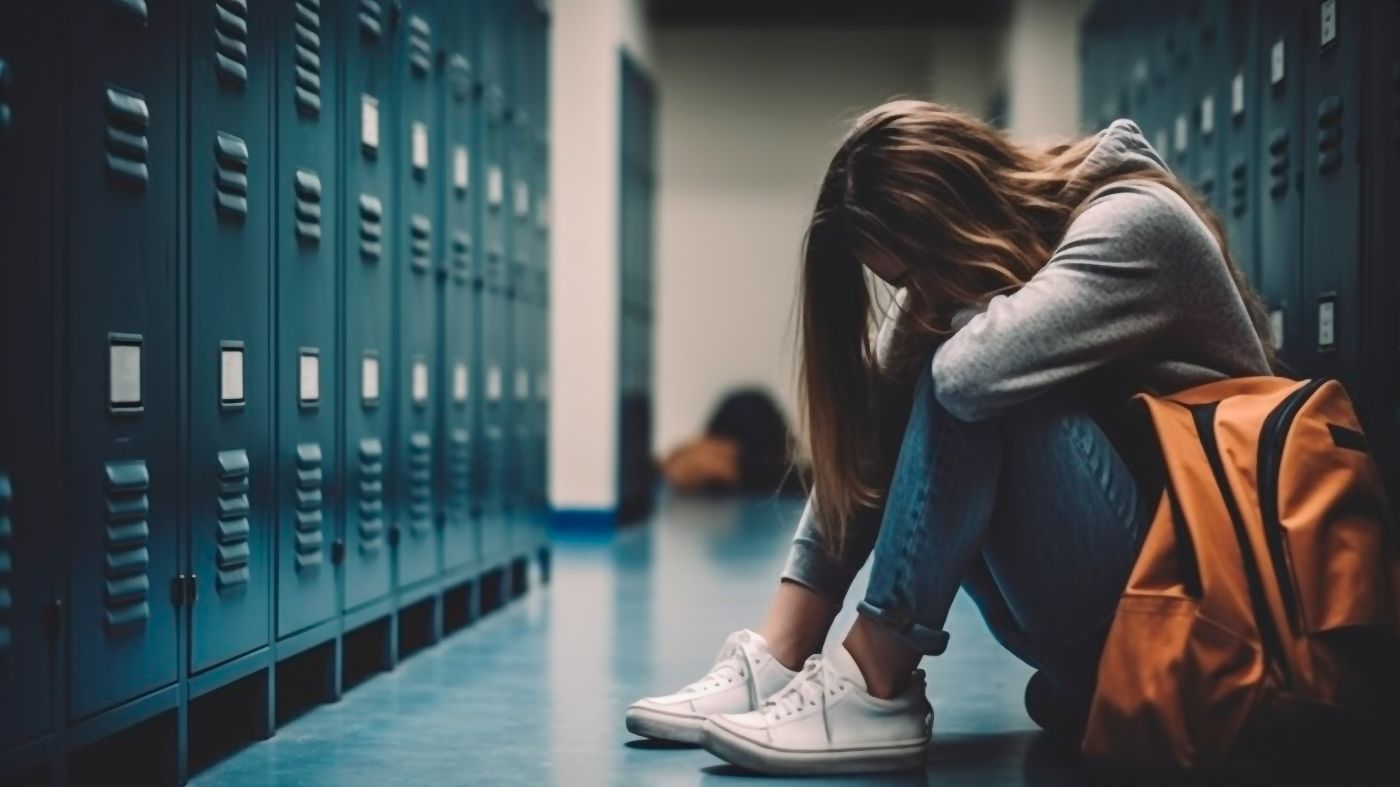
Speaking up against disability discrimination, harassment, or abuse in schools is never easy, but for many students, parents, and advocates, it's necessary. Still, despite the safeguards, retaliation remains a real and painful consequence for those who dare to challenge injustice.
Retaliation in education can take many forms, and it's not limited to students alone. It's vital to understand what retaliation looks like, and how a discrimination attorney can help.
What Retaliation Looks Like in Educational Settings
Retaliation can be subtle or overt, but it always involves punishment or negative treatment in response to a protected activity, like filing a complaint, requesting accommodations, or reporting discrimination. Understanding how retaliation shows up is the first step to recognizing when your rights may have been violated. Some common examples of retaliation include:
Disciplinary actions that seem unjustified: Students might suddenly face suspensions, detentions, or behavioral write-ups shortly after raising concerns about discrimination or harassment.
Exclusion from school activities or support services: A student may be denied participation in extracurriculars or receive reduced access to their IEP or 504 Plan services.
Changes in teacher or staff behavior: Teachers may start grading unfairly, singling out a student in class, or refusing to provide agreed-upon accommodations.
Withholding of communication or information: Schools might begin ignoring parent emails, failing to inform families about important meetings, or keeping them out of the loop on their child’s progress.
Threats or intimidation: Parents or students might be warned that pursuing a complaint could “make things harder” or result in “consequences.”
Recognizing these behaviors is key to pushing back. Retaliation often escalates over time and may involve multiple staff members. Keeping detailed records of interactions and incidents can be an important tool if legal action with a discrimination attorney.
The Legal Protections Against Retaliation
There are clear federal protections meant to shield students and advocates from retaliation when they exercise their rights. These laws apply to public schools and any educational institution that receives federal funding. Here are some laws that protect against discrimination:
Section 504 of the Rehabilitation Act of 1973: This law prohibits discrimination based on disability and includes protection from retaliation for asserting your rights.
Title II of the Americans with Disabilities Act (ADA): Applies to public entities, including schools, and similarly bans retaliation for engaging in protected activities.
Individuals with Disabilities Education Act (IDEA): While not a general anti-retaliation statute, the IDEA outlines procedural rights for parents and students and supports advocacy without fear of punishment.
Title IX of the Education Amendments of 1972: Although focused on sex discrimination, this law also offers a model of anti-retaliation enforcement that courts may refer to in disability-related cases.
These laws recognize that retaliation undermines the very rights they’re designed to protect. If speaking up leads to punishment, the right to report wrongdoing becomes meaningless. That’s why retaliation itself is considered a separate violation — and one that courts take seriously.
How Retaliation Affects Students with Disabilities
Retaliation can have long-term effects on a student’s education, emotional well-being, and access to opportunities. When students experience backlash for speaking up, it can create a climate of fear that discourages them — and others — from standing up in the future. Here are some consequences students often face:
Academic setbacks: Missing class time due to unjust suspensions or being pulled from mainstream instruction can derail progress.
Emotional distress: Constant stress, anxiety, or feeling ostracized by school staff can affect mental health and self-esteem.
Isolation from peers: Retaliation may include being removed from clubs or sports, limiting important social development.
Loss of support services: Schools might reduce or alter services in a student’s IEP or 504 Plan as a form of punishment.
The damage from retaliation isn’t just immediate — it can last for years. Students may fall behind in school, develop trust issues with authority figures, or even drop out altogether.
The Toll on Parents and Advocates
Retaliation doesn’t only affect students. Parents, guardians, and advocates who challenge a school’s actions or push for accommodations can find themselves targeted as well. This can create a hostile environment for families just trying to protect their child’s rights. Here’s how retaliation can show up for parents and advocates as well:
Being excluded from meetings or decision-making: Parents may find themselves removed from IEP teams or not invited to key planning discussions.
Increased scrutiny or surveillance: Some families report frequent “wellness checks” or unnecessary reports to child protective services after filing complaints.
Damage to parent-school relationships: School personnel may become dismissive, uncooperative, or adversarial, making collaboration difficult.
Threats of legal action or retaliation reports: In some cases, schools may threaten to file lawsuits or make unfounded allegations against parents.
This kind of pushback can leave families feeling powerless and isolated. But it also strengthens the argument for involving a discrimination attorney to hold schools accountable.
Why Retaliation Is So Damaging to School Culture
When retaliation goes unchecked, it doesn’t just harm individuals — it damages the broader school environment. Students learn that advocacy is punished rather than valued, and staff may fear supporting students out of concern for their own job security. Retaliation undermines:
Trust: Students and parents stop trusting that schools will do the right thing.
Reporting culture: People become afraid to report discrimination or harassment, even when they see it happening.
Accountability: Schools that retaliate often avoid addressing the root problems, allowing discrimination to continue.
Positive learning environments: Fear and hostility can interfere with every student’s ability to learn and grow.
A healthy educational environment is one where people feel safe to speak up, and retaliation erodes that safety. When the message becomes “stay quiet or suffer,” progress stalls and students with disabilities are the first to pay the price.
Steps You Can Take If You’re Facing Retaliation
If you believe you or your child is being retaliated against, there are actions you can take. It’s important not to back down or accept unfair treatment as “just how things are.” Here’s what you should do when retaliation happens:
Document everything: Keep records of emails, meetings, disciplinary actions, and any communication that seems suspicious or punitive.
File a formal complaint: Depending on the issue, you may be able to file a complaint with the Office for Civil Rights (OCR), state education agency, or local school board.
Request a meeting: Bring your concerns to the attention of school administrators or district officials, preferably with an advocate or attorney present.
Seek legal support: A disability discrimination attorney can help you identify retaliation, build your case, and push back in ways that protect your rights.
Connect with support networks: Reach out to local disability advocacy organizations, parent networks, or legal aid services that understand the education system.
Taking these steps won’t always lead to immediate change, but they’re an important part of protecting your child and pushing schools to act lawfully.
How a Discrimination Attorney Can Help You Push Back
Fighting retaliation is emotionally draining — and legally challenging. Schools often deny wrongdoing and use bureaucratic processes to wear families down. Having a discrimination attorney by your side can make a big difference in how your complaint is handled and how seriously it’s taken. Here’s how legal representation helps:
Identifying retaliation patterns: Attorneys know what to look for and can spot patterns you might not recognize on your own.
Filing complaints correctly: They’ll help you avoid procedural missteps and meet important deadlines.
Demanding accountability: Legal pressure often forces school districts to respond more quickly and transparently.
Preventing further retaliation: Once legal representation is involved, schools are often more cautious about making the situation worse.
An experienced discrimination attorney can shift the power dynamic and give your voice weight.
Contact Us Today
Retaliation in education isn’t just unfair — it’s illegal. By turning to a discrimination attorney at our firm in Washington, D.C., you can challenge retaliation and help protect not only your child but others who come after. Reach out to us at The Law Office of Nigel M. Atwell today to schedule a free 15-minute consultation.

